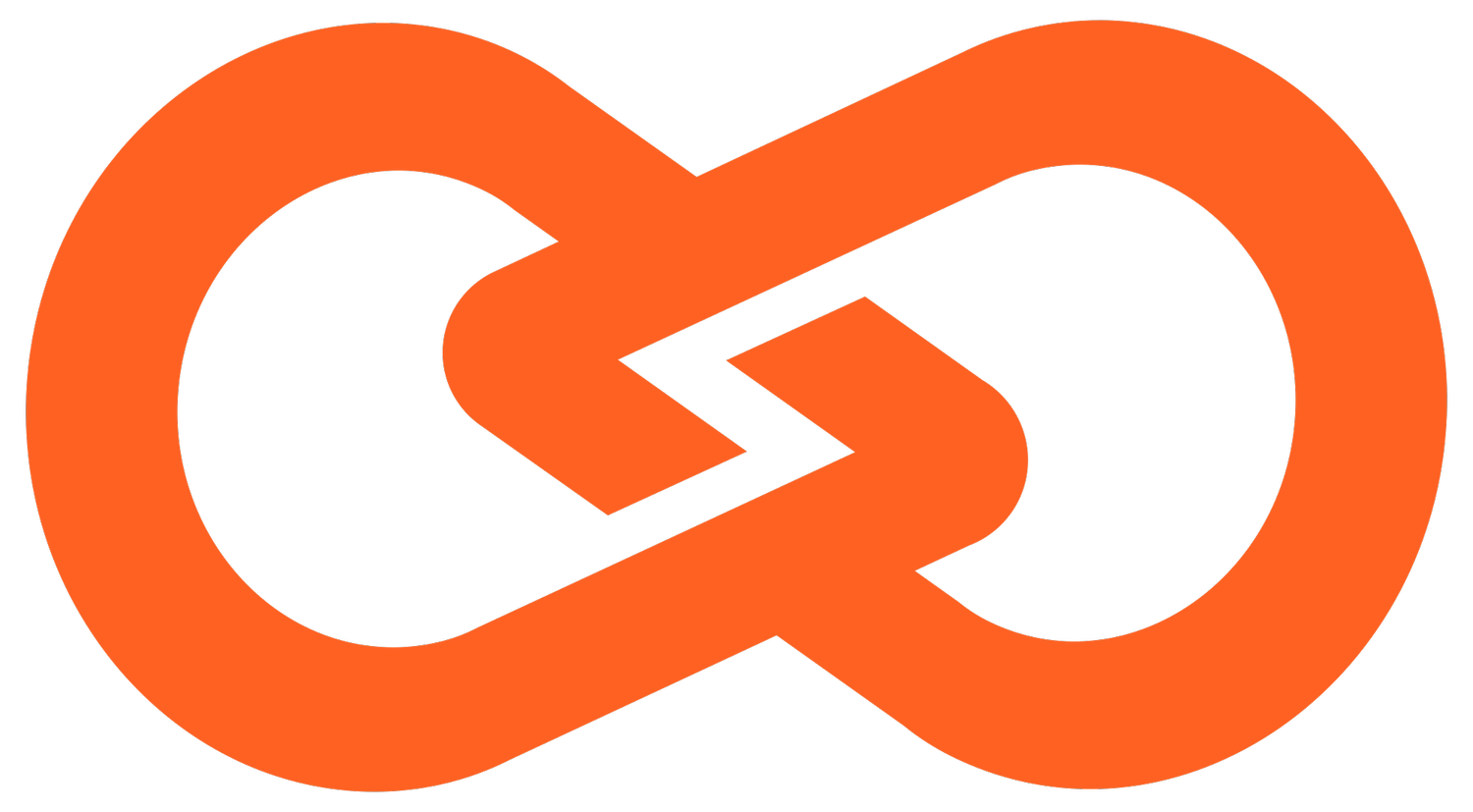How Little Is a Human Worth?
After a satisfying first cry, my son rested his head on his mother and wrapped a tiny, still-bloody hand around my finger. And I found myself asking an awful question:
Would he grow up to be worth more than a donkey?
In the coal mines of Pennsylvania, Wayne Alderson’s father worked long hours underground alongside mules. The animals were essential. They hauled coal, powered equipment, kept production moving. Because they were costly to replace, they were fed, sheltered, protected.
The men? Replaceable.
One night, Alderson’s father came home and asked his wife, “Ede, why don’t they value us as much as they value the mule?”
Decades later, Wayne—then a steel executive at Pittron—was promoted to lead labor relations after things had spiraled: fistfights, bomb threats, a total breakdown between union and management.
He wasn’t a consultant with a bold new framework. He was already part of the system. But one of his first acts? He fought for the union leader to have an office. A small gesture but it said: Your perspective matters.
Then he walked the floor. Memorised names. Showed up at funerals. Listened for what others ignored. Wayne made it clear: he wasn’t pro-union or pro-management. He was, as he put it, pro-people.
This wasn’t a feel-good townhall slogan. When one worker was spiraling from alcoholism, the company didn’t cut him loose. They paid for rehab. He returned to work and became one of Pittron’s most loyal and productive employees.
Not many companies would take that bet.
But it paid off. The violence stopped. Trust returned. And so did performance. Absenteeism dropped. Injuries halved. Productivity rose. The business didn’t just avoid disaster. It became more profitable than it had ever been.
Today’s mule doesn’t eat hay. It guzzles terawatts. And this time, it’s not coming for the miners.
"People are an unnecessary overhead cost". But the mule never became a manager. And the model will never become a mentor. It doesn’t sense risk in a silence. Doesn’t push back on a bad idea because it understands what’s at stake
It knows everything, but believes nothing.
It lacks perspective shaped not by training data, but by decades of lived experience. Won in boardrooms and back rooms, through mistakes made and survived. From watching someone deliver a hard truth without losing trust. From knowing when to speak, and when to wait.
Equally essential are fresh eyes. The juniors who still ask “why” and mean it. But only if there’s someone patient enough to answer. Only if we hold space to grow
Wayne understood that transformation doesn’t come from managing by numbers. It starts by valuing every colleague’s unique perspective.
That’s also how we filter the all-knowing outputs of today’s mule: through our accumulated, messy, individual views of the world. And that is why we started retension.
So. How little is a human worth? How much will my son be worth?
More than a donkey, and just as much as you: a little human, made in the image of the divine.
